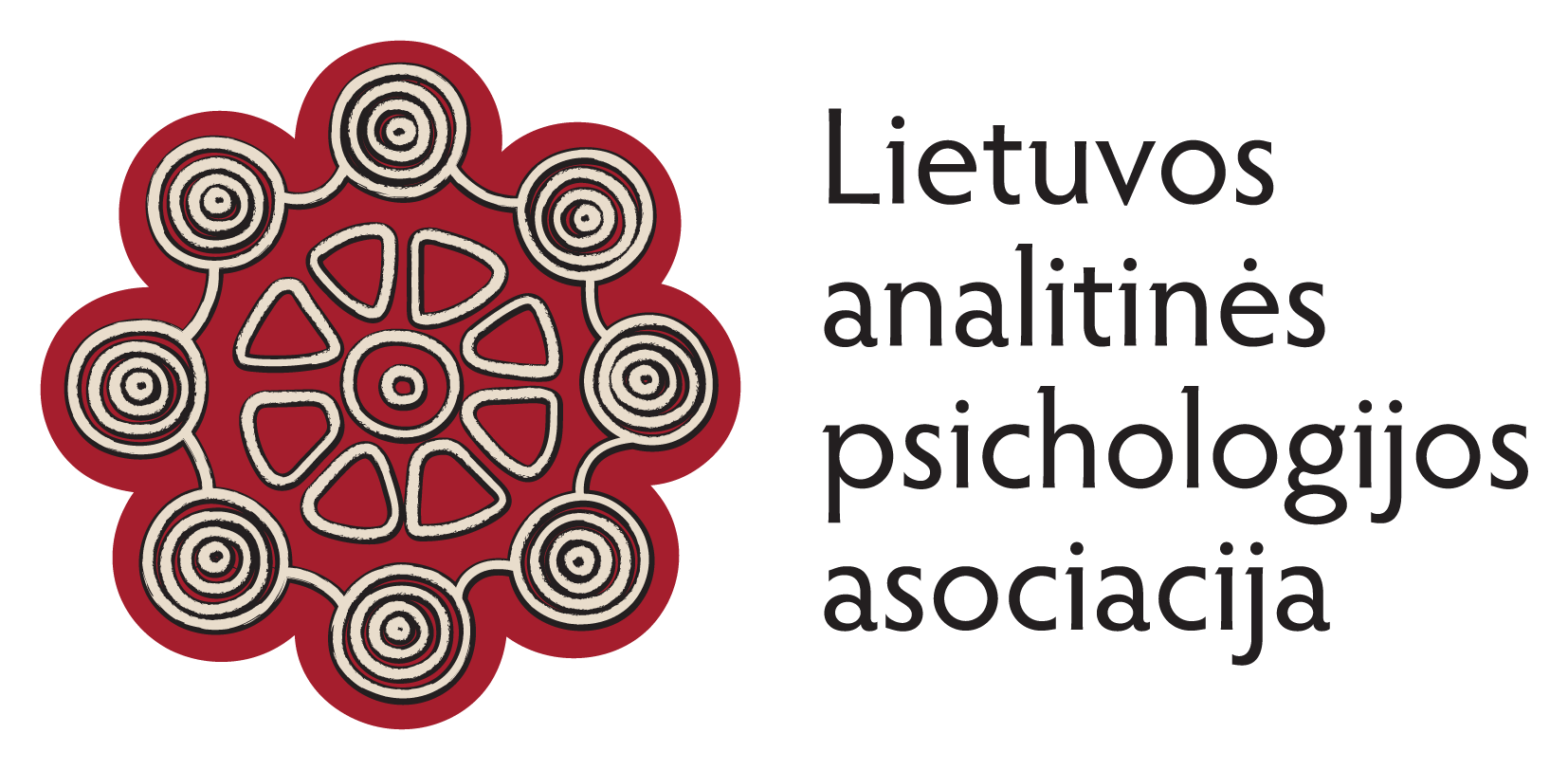What is analytical psychotherapy and psychoanalysis?
Analytical psychotherapy, also known as Jungian analysis or psychoanalysis, is a depth psychotherapy approach. Analytical psychotherapy focuses on the understanding of unconscious internal patterns instead of just elimination of symptoms in order to bring about profound change.
In psychotherapy, it is important to know and understand the history of a person's wounds and traumas, how this suffering affect present life, and what changes are needed. However, psychotherapy is not only about the painful side of life, but also the inner potential, the unrevealed aspects of the personality, and the self-realisation of the individual. Creativity and spirituality are also essential in Jungian analysis.
Analytical psychotherapy is distinguished from other therapeutic fields by its emphasis on symbolic contents, dream analysis, and the recognition and awareness of unconscious contents both personal and collective. The process of Jungian analysis is a journey towards wholeness, a process of personal transformation.

C.G. Jung Bollingen Tower, Switzerland
.png)
Jungian psychotherapists and psychoanalysts
People who choose analytical psychotherapy are referred to Jungian psychotherapists and Jungian psychoanalysts.
Jungian psychotherapists (also called candidates for analysts) have completed postgraduate studies in analytical psychotherapy and have the opportunity to pursue the status of Jungian psychoanalysts.
Jungian psychoanalysts (also called analysts) have not only completed analytical psychotherapy studies and are qualified as psychotherapists, but have reached an even higher qualification level.








